A new dating app allows you to brand other users “fuckboys” on their profile: a label that can only be removed if the “fuckboy” gets his mother to submit an apology video to the app. This policy may be designed to garner attention, rather than actually be implemented, but still, it’s all on-brand for the salty tone of the ‘Better in Person’ app.
Elsewhere, the sober dating app scene has a new player, and this one is bringing invitations to book reading parties. Bumble’s much-anticipated new AI functions are edging closer, Feeld has enjoyed another win, and Russian troops are being warned about dating app security as they go about their illegal war against Ukraine.
Better in Person: the “anti-fuckboy” app
A new self-styled “anti-fuckboy” dating app is making waves in the US, through its salty copy tone, sweary street marketing campaign, and a promise to help people organise real-life dates quicker.
The app, Better in Person, has technically launched across the US, but is largely active in Los Angeles and New York for now. Instead of matching with someone by mutual swiping on the app, you can choose to ‘request a date’ on a profile you like, which they can accept or reject. If they accept, you can chat briefly, but you’re pushed by the functionality to agree to a meet-up as soon as possible.
The app uses AI to book date venues, activities and times, suggesting a revenue stream for its makers beyond premium subscription fees. What’s garnering most attention, though, is the app’s no-nonsense tone.
Within the app you can report someone for being a “fuckboy”, “treasure hunter” or “flake”, and if they get three ‘strikes’ from different users, they receive one of these unflattering labels on their profile.
App users branded as “fuckboys” in this way do have a way to repent. The app’s policy, perhaps created at least partly in jest, is that label removal can be achieved by submitting an apology video from your mother to the app.

The apps makers said their mission was to “eradicate” fuckboys from the dating app scene. They wrote: “A f*ckboy pretends to want a relationship but is just trying to get in your pants. This deception leaves women feeling used and tricked, and makes it harder for honest guys to be trusted.”
For the recent launch, this mission statement has been put on human-held advertising boards, billboards and even ad signs hanging from the backs of airplanes.
Cheers to booze-free dating
Complaints about young people not taking drugs or inhuman amounts of alcohol, and not having risky sex with each other anymore, are common among the ‘original’ Millennial dating app target market. The launch of Drybaby, a dating app for sober people, is likely to have them reaching for the bottle in further frustration.
Created, according to its makers, for the “growing movement of people breaking up with booze”, in New York Drybaby has partnered with “mindfulness” and book reading parties. It’s also available in Los Angeles, and is set to be rolled out in further US cities.

The app, which is only available for iPhone so far (an Android version is coming), isn’t alone in its field. Loosid, Sober Grid and Club Pillar are among the other sober-based dating apps and social media platforms available.
John Calaba, co-founder of Drybaby, told TechCrunch that the idea for the app was based around people struggling to find booze-focused date alternatives to bars. “There’s very little education on what to do if you’re not sitting around a dark bar,” he said.
Feeld is harvesting big money
Feeld just keeps getting bigger, one ethical non-monogamy hookup at a time. The ‘alternative relationship’ dating app earned around $50 million in revenue in 2023, almost double its 2022 revenue, new figures have revealed.
The new figures reported by The Guardian also reveal that Feeld’s profits also nearly doubled from 2022 to 2023, when the company made around $7 million profit.
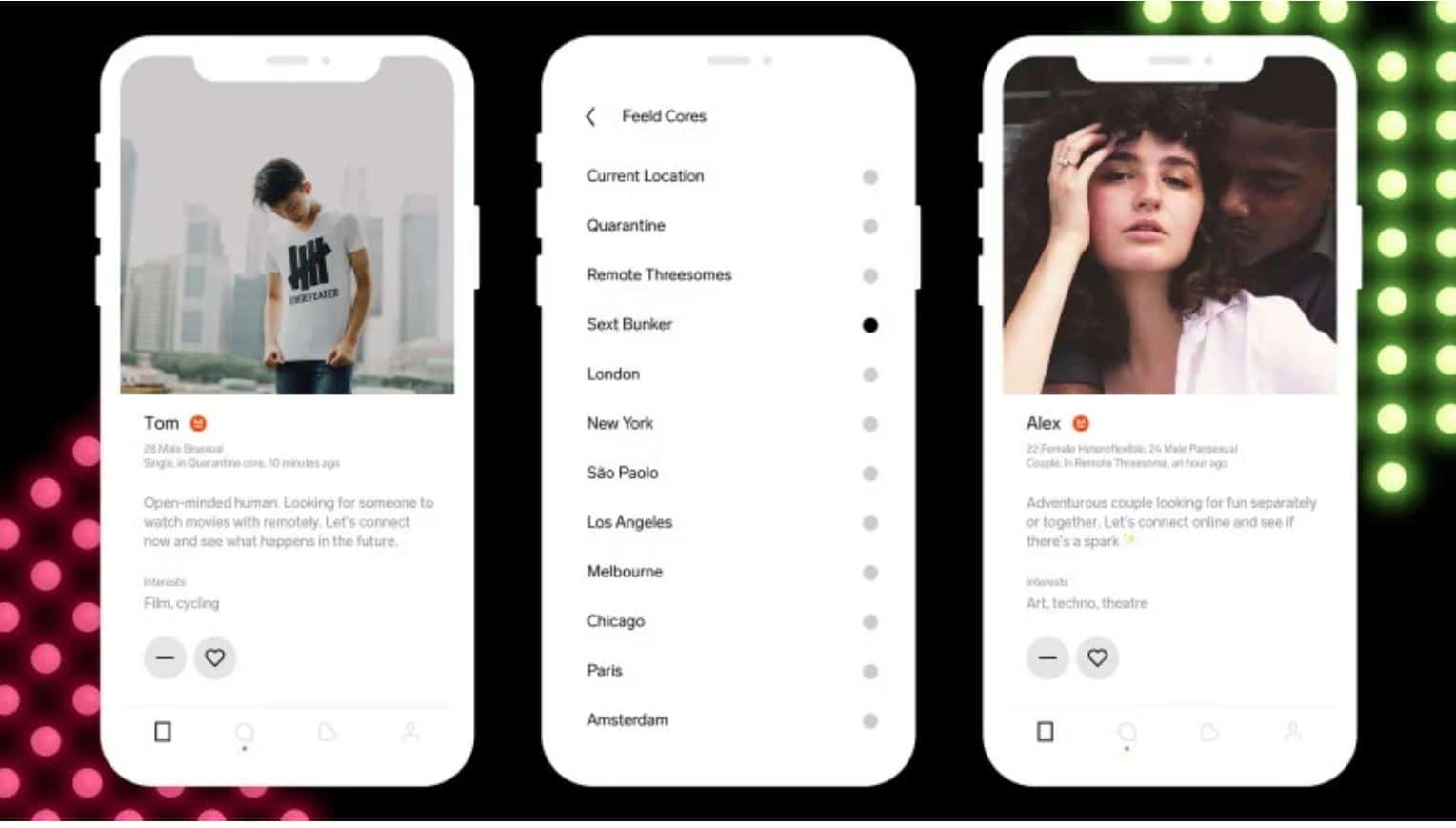
Feeld has said it’s “on a mission to elevate the human experience of sexuality and relationships”, and its success is in tandem with increases in non-traditional relationships among the public.
Its success could also perhaps partly be down to it being one of the first apps focused on hook-ups to finally find a way to not be almost entirely proliferated by bots, catfishers and other scammers.
It’s not all been gravy for Feeld recently, though. A slew of security flaws in the app were recently uncovered by UK security service Fortbridge, reports The Register.
The company found that information including users’ ID data, age and profile photos could be intercepted using a network proxy tool. Researchers at the company found that by using a cloud application and penetration tester, they were able to access some users’ private messages on the app.
It should be noted that the researchers were highly-skilled and were using tools not widely used by your average web or app user. But still, it’s not quite as good a look for Feeld as the recent profit figures.
Feeld has, however, said that it addressed the security lapses after Fortbridge notified the company of them.
Russia tells troops to quit dating apps
It recently emerged that Russian military leaders have order their troops to refrain from using dating apps when near the border with Ukraine, so as to not fall victim to intelligence leaks.
It was reported by CNN that Russia’s interior ministry used Telegram to issue the order after Ukrainian troops made an incursion into Russia’s Kursk region. Speaking of dating apps, the ministry said: “The enemy actively uses such resources for information gathering.”
The ministry also warned Russian soldiers not to open hyperlinks they receive on the phones, or to post videos that could reveal specific location information. Ukraine’s incursion to Kursk led to over 100,000 Russians being relocated from the region.
Back in 2022, shortly after Russia illegally invaded Ukraine, a creative team named Chat Shit Get Banged made a talking pink buttplug depicting Russian President Vladimir Putin’s face, to raise funds for Ukraine’s resistance.
Bumble AI aims to reduce “anxiety”
A little more information about Bumble’s forthcoming new AI functions has been forthcoming, with the app’s CEO saying they are designed to reduce “anxiety” around creating profiles and interactions.
Bumble CEO Lidiane Jones said that the app will have an AI-assisted profile photo picker, which sounds like it could be similar to Tinder’s AI photo-picking function, that launched this summer. Jones said that AI would also help people have “healthy” conversations in the app.
Bumble already uses AI for safety functions. A larger slew of AI functionality is expected to be released in the app this winter.

Jones said: “We want the bar for profile creation to continue to be high, but we want to reduce the friction that exists for users. Users have a lot of anxiety in creating profiles. We’re going to make that as smooth as possible. So profile creation is a big one.”
She has also said that Bumble wants to “provide more support for people to enter healthy conversations.”
Jones previously said that Bumble has “an ambitious view of how AI will enhance the value we deliver to our customers in each step of the dating journey for profile creation, discovery, engagement, and the core of our matching models.”
Considering how many dating apps are pivoting from filter-laden selfies to encouraging users to express their “authenticity”, it’ll be interesting to see how Bumble’s new AI functions feed into this trend.
Tinder launches online ‘consent course’
Tinder has launched an online consent course, or ‘School of Swipe’, to educate dating app users about the meaning and intricacies of sexual consent.
The online course has officially been launched in Australia, and will be promoted in the app there, but anyone can check out the course online. The course delivers an online lecture about sexual harassment, reading body signals, plus issues such as victim-blaming and consent withdrawal.

Will it serve largely as positive, safety-first promo for Tinder, or will it actually help educate people about consent? Dr Rachael Burgin, criminology lecturer at Swinburne University of Technology and the CEO of Rape and Sexual Assault Research and Advocacy, precited that the course won’t be widely used.
She told The Guardian that most sexual offenders do so “regardless of consent education”. She added: “Offenders do so because they feel entitled to another person’s body, and they feel entitled to make a decision about that other person’s sexual autonomy and strip them of their sexual autonomy.”
Tinder said the course would be a force for good, saying: “By the end of this course, you’ll be empowered to communicate more effectively, respect boundaries and promote a culture of consent in your community.”

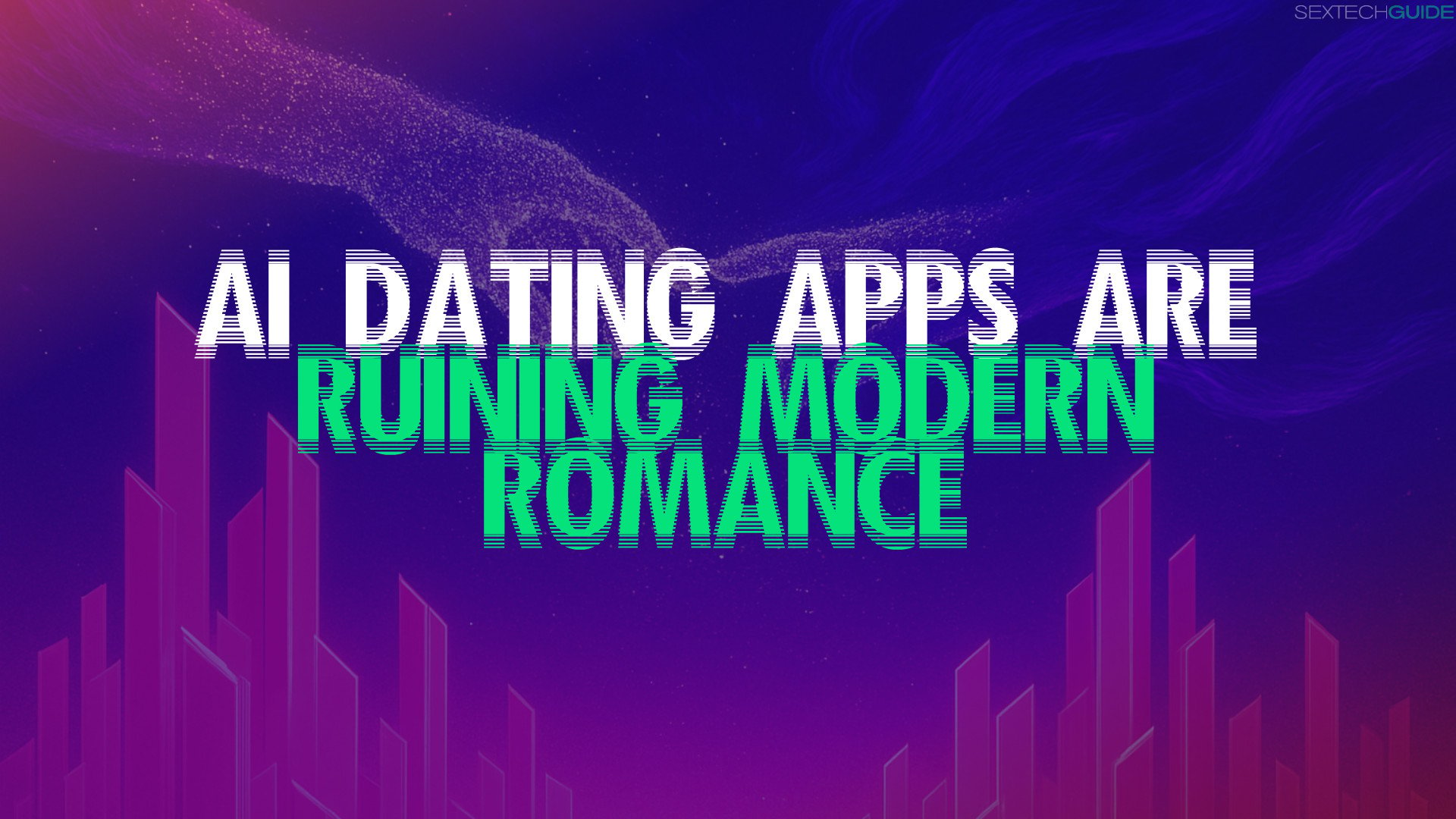
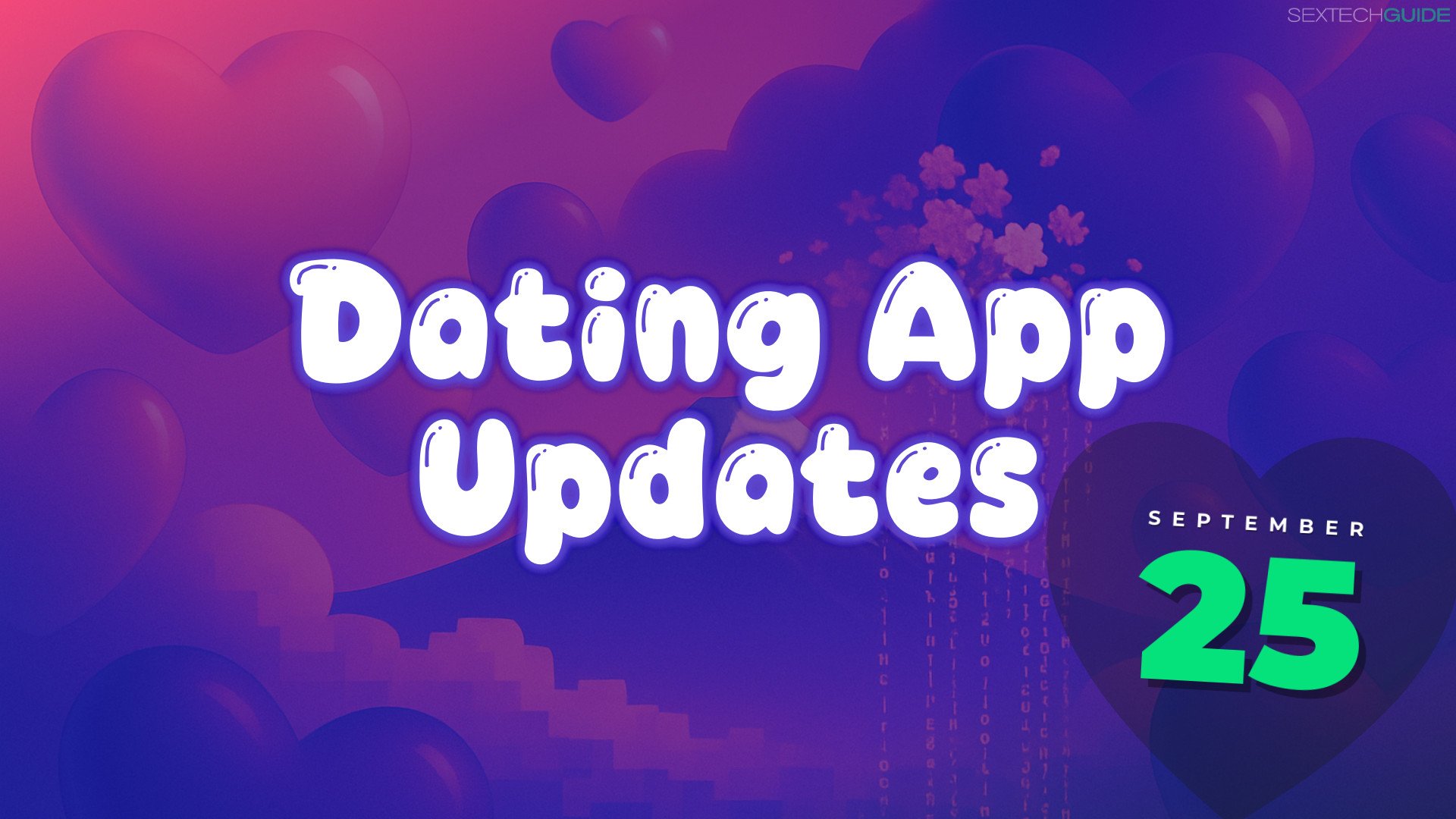

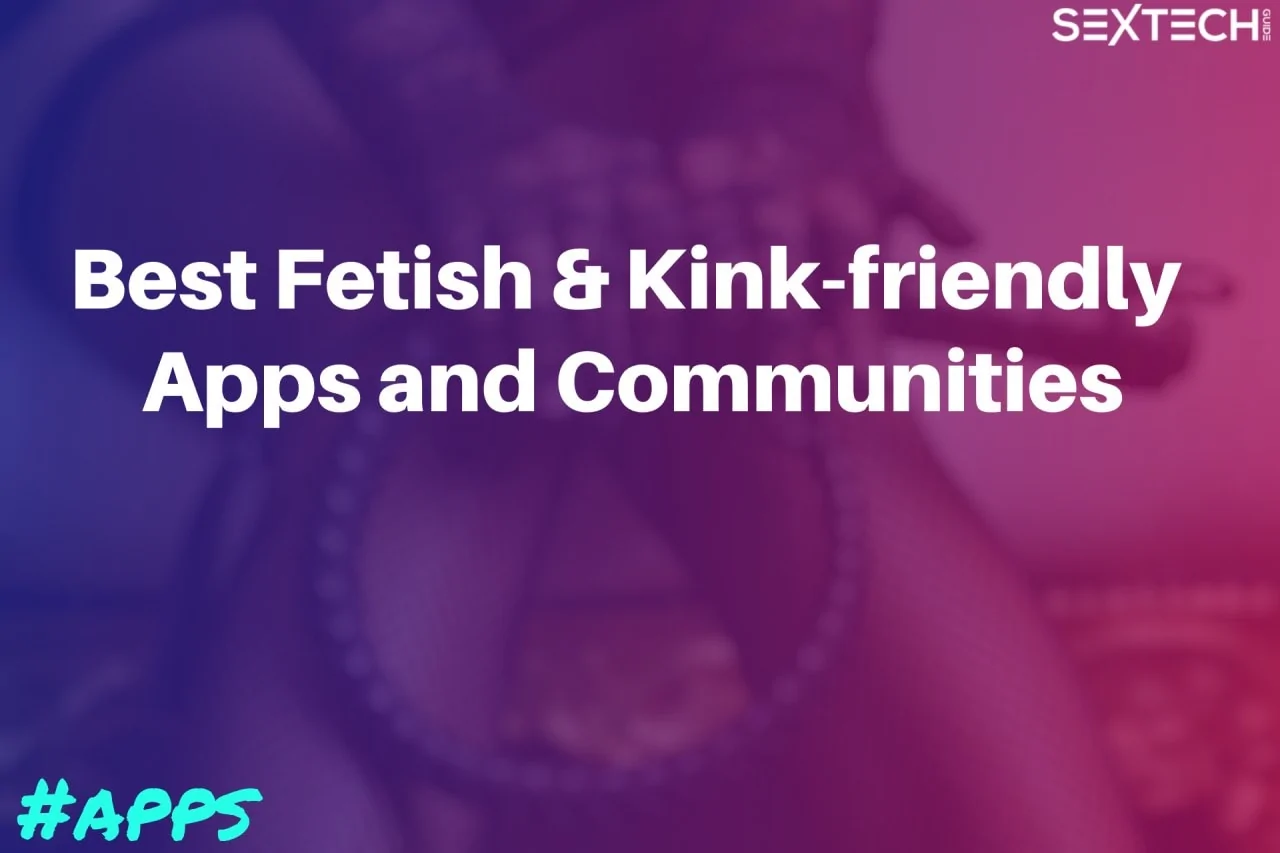
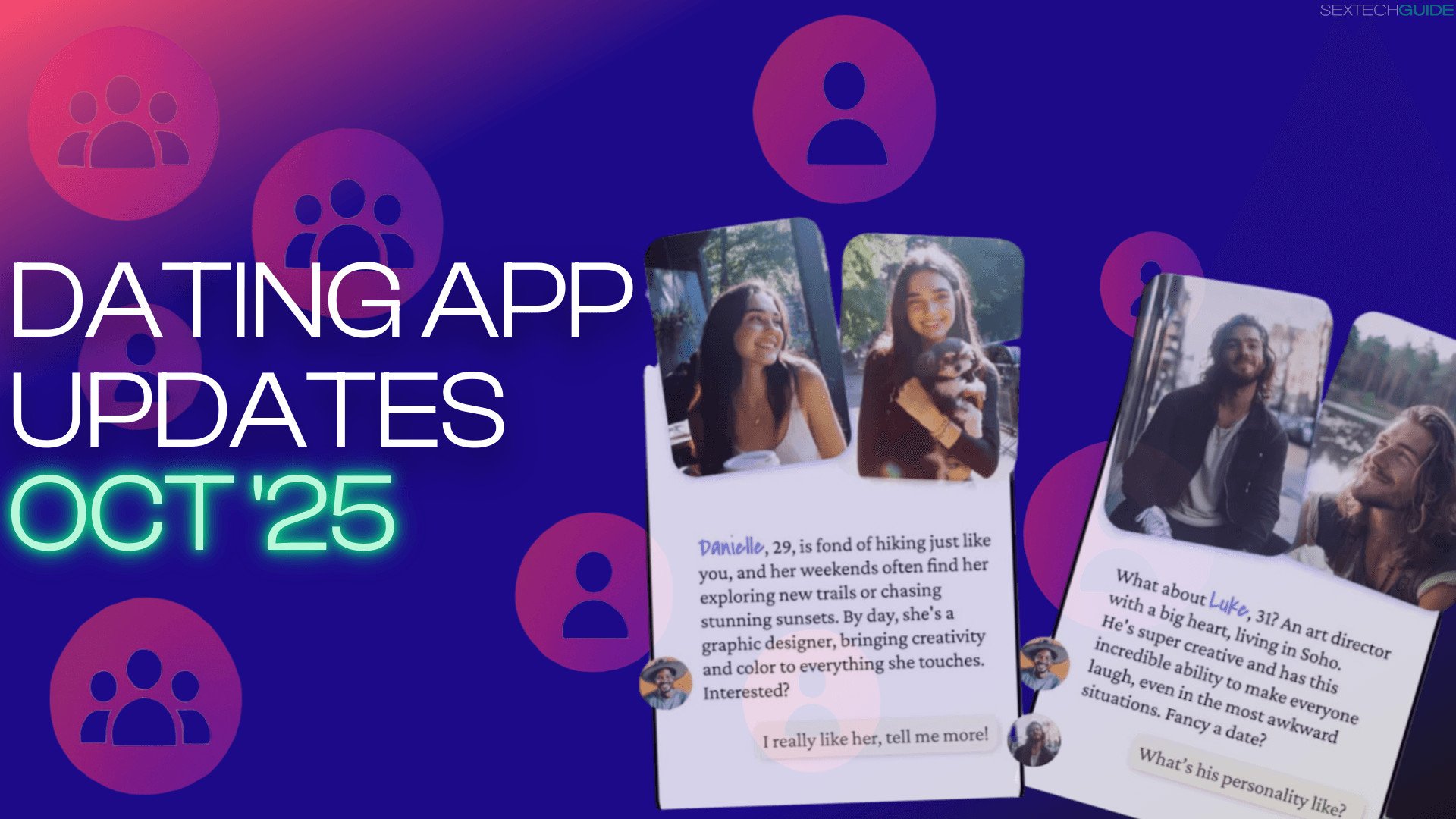


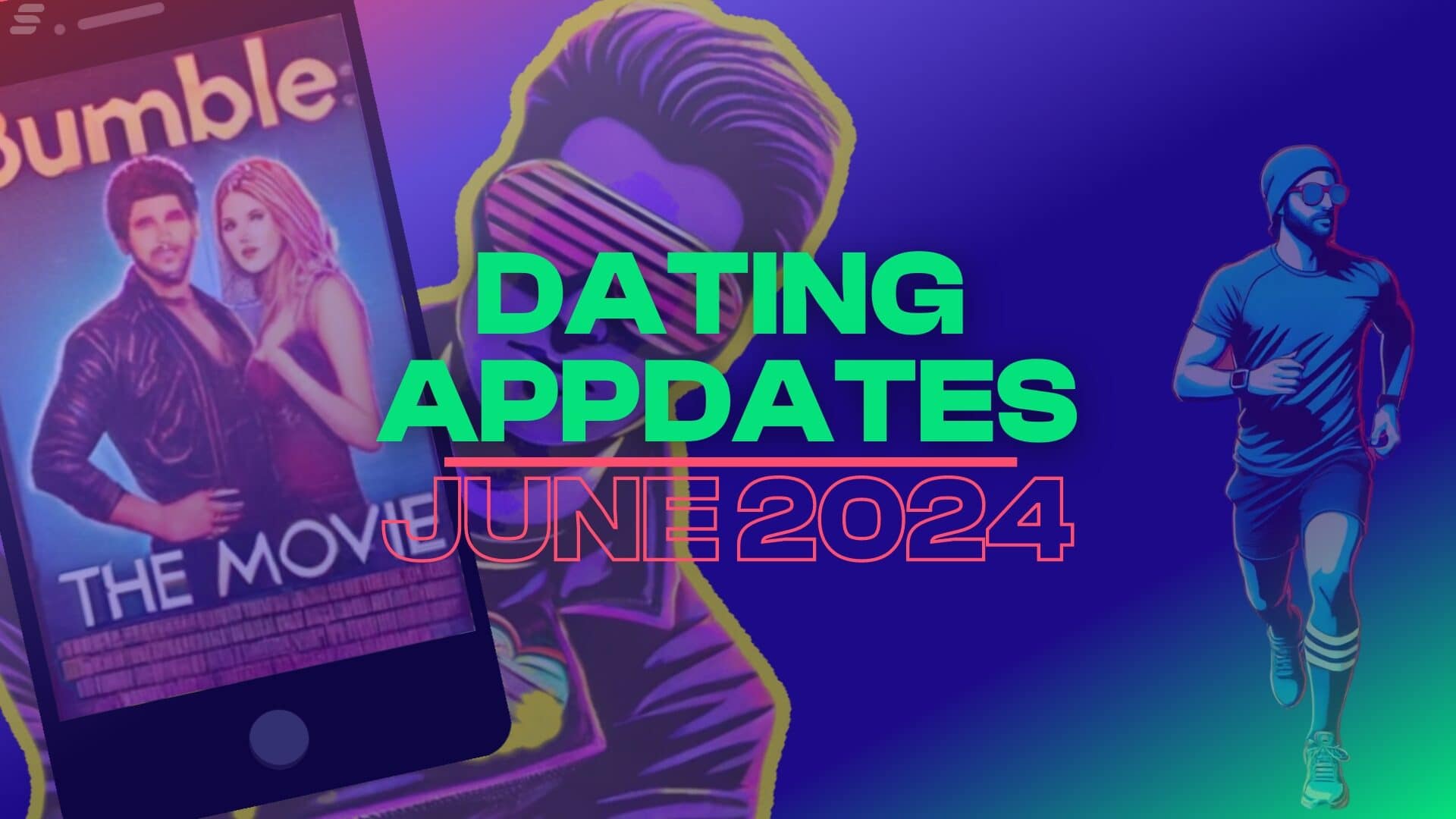


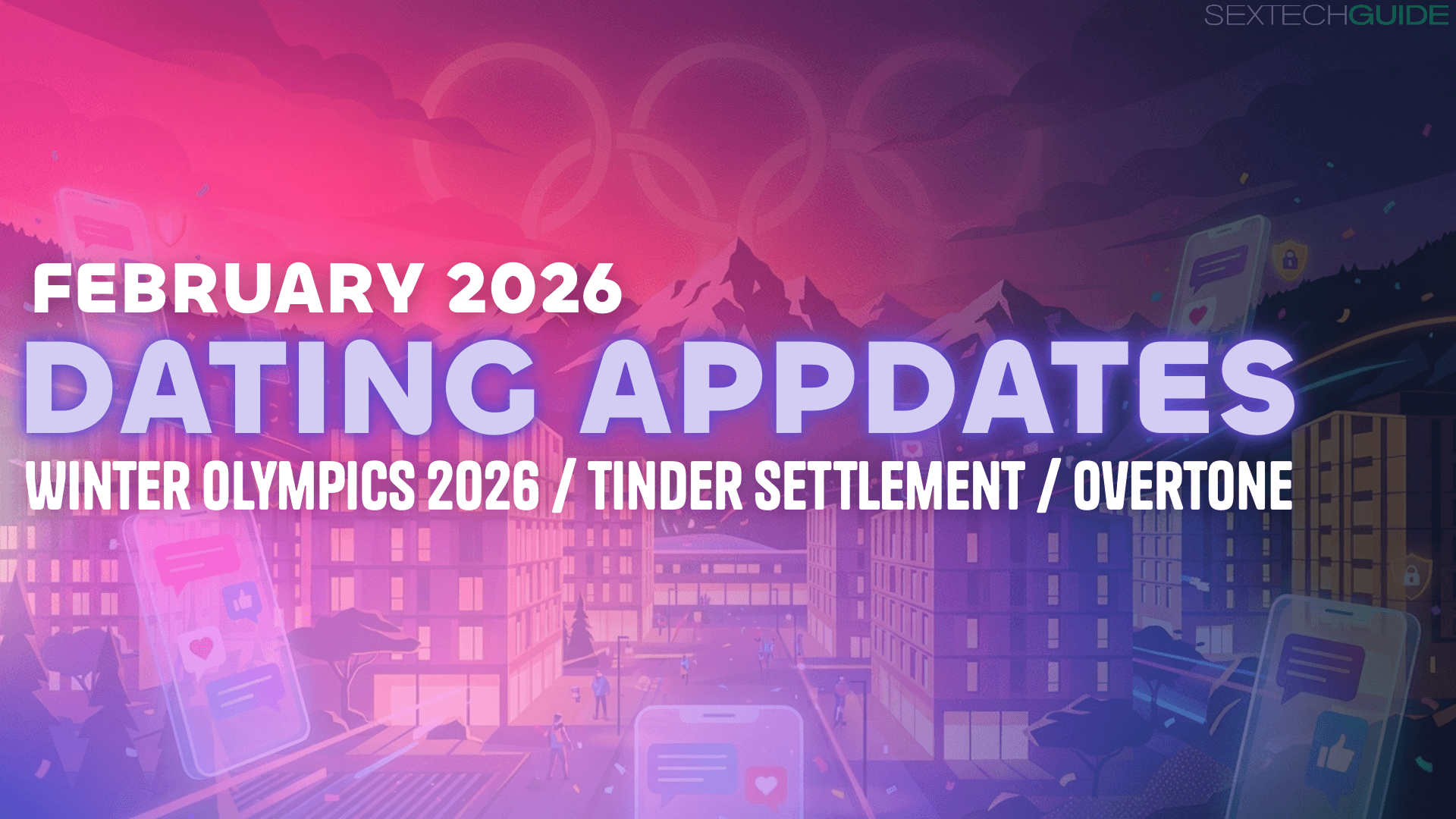
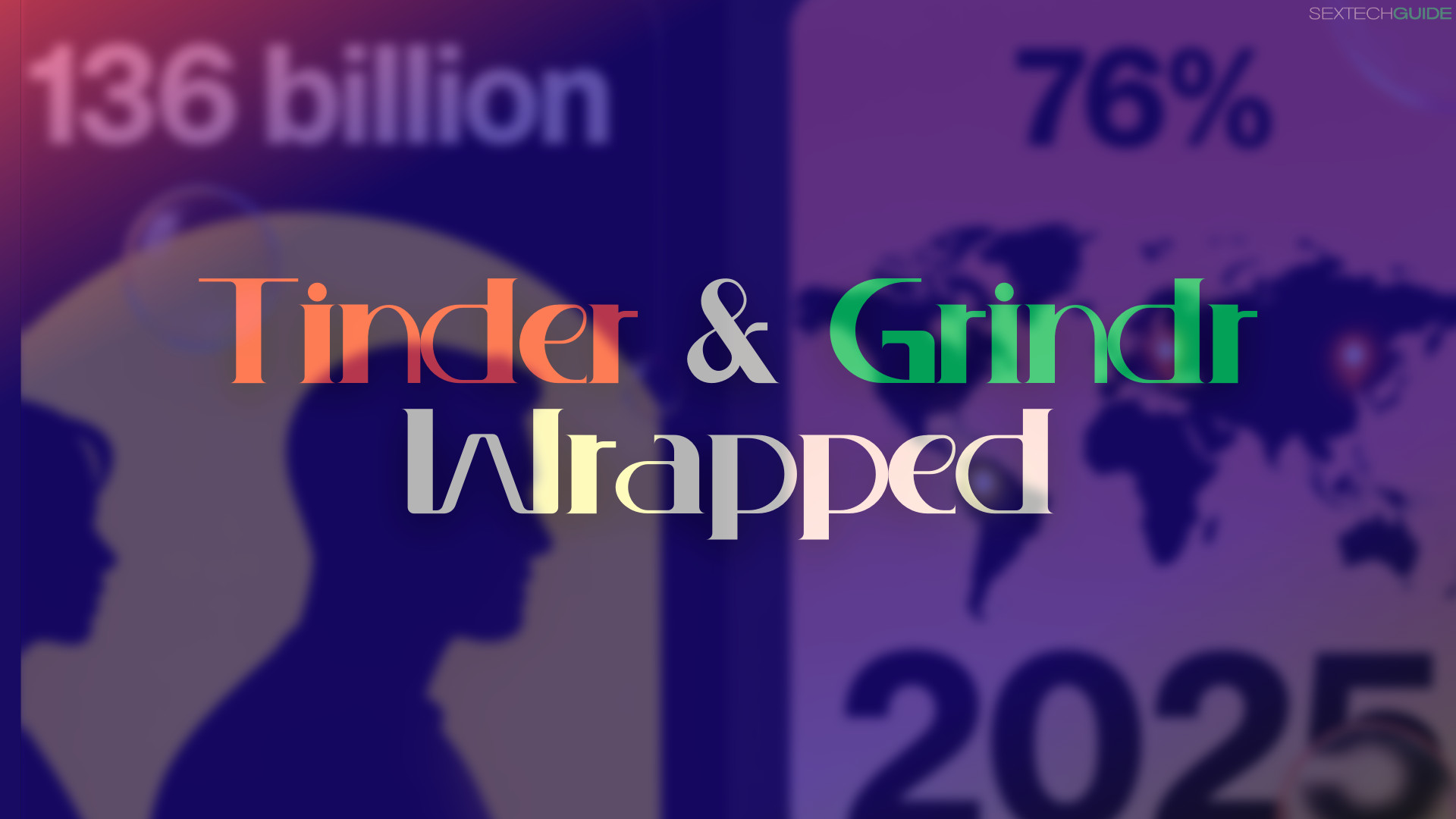






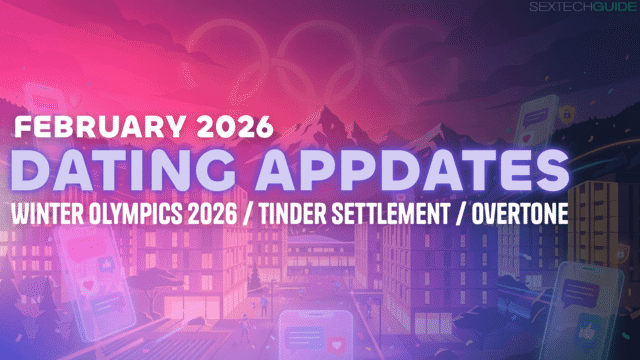

Leave a Reply